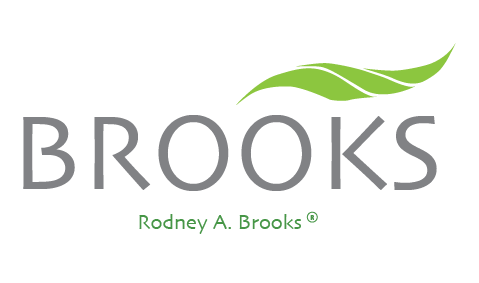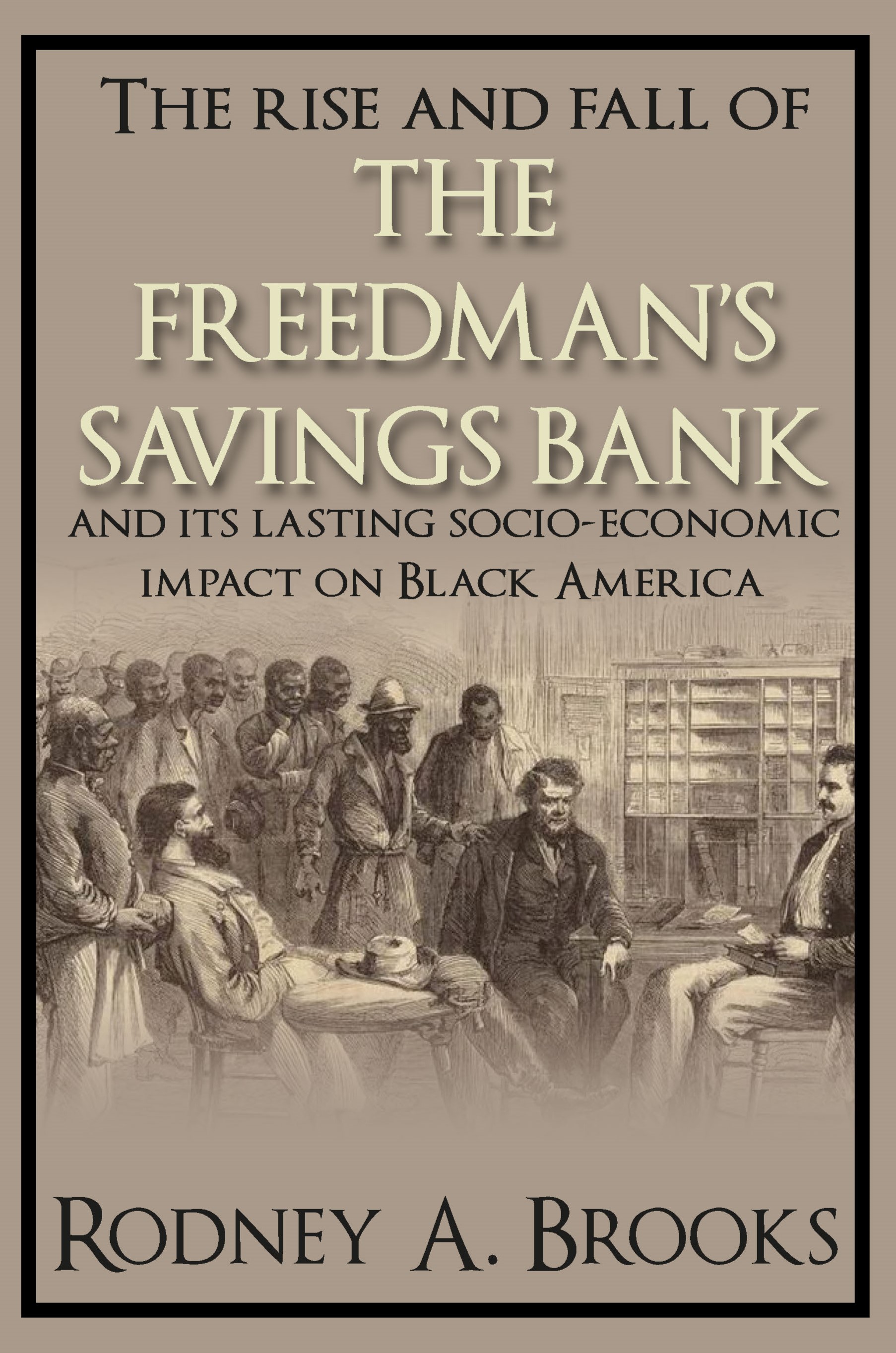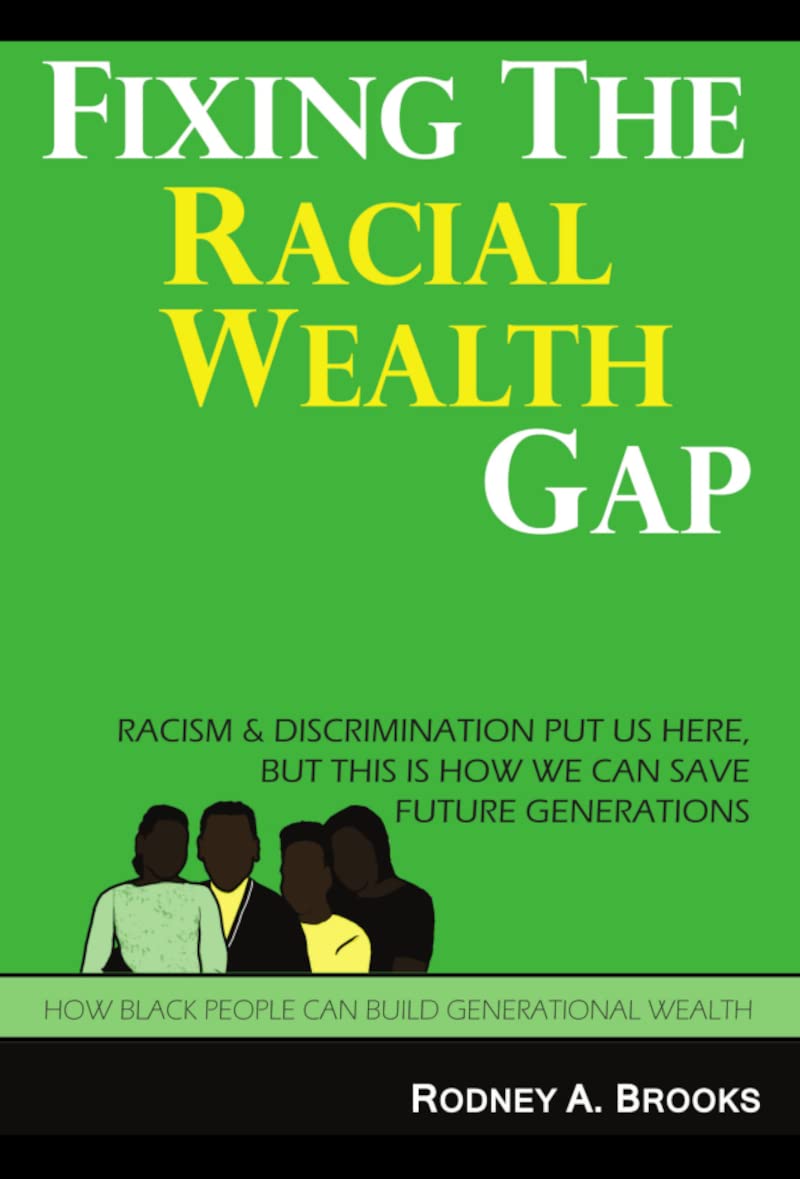How to Build a Healthier Relationship with Your Money
You don’t have to be a finance guru to stop feeling out of control with money. But you do need a relationship with it that isn’t built on shame, guesswork, or avoidance. This isn’t about budgeting apps or spreadsheets—not yet. It starts deeper, with how you think about money, what you believe it says about you, and how those beliefs shape every financial decision. Resetting that baseline belief system changes everything downstream. Here’s how to start making money: a tool you direct, not a weight you carry.
Understand Where Your Mindset Comes From
Your earliest experiences with money—whether that’s seeing bills argued over or allowance saved—shape more than you think. These formative scripts get buried, then rerun quietly every time you hesitate to charge a purchase or panic-check your balance. Recognizing this isn't therapy talk. It's practical visibility: when you name the pattern, you can stop letting it drive. Tools like journaling, values-mapping, or even a simple "money timeline" help decode how you became who you are financially. To start reshaping your relationship with money, you have to first see what formed it.
Make Habits That Don’t Break on Bad Days
Most budgets break not because they’re wrong, but because they ignore real human behavior. If your system only works on your most disciplined day, it’s not a system—it’s a hope. The key is resilience: you need money habits that bend, not snap, when your energy or motivation dips. That means building habits that anchor to identity (“I’m someone who checks my spending weekly”) rather than outcome (“I’ll stick to $200 on groceries”). Small rituals, like Friday night finance check-ins or envelope-based spending buckets, can slowly transform your relationship with money without relying on guilt or grind.
Choose Careers That Fund, Not Fight, Your Goals
Your career isn’t just how you earn—it’s how you empower. If you’ve ever taken a job just for the paycheck and felt it bleed you dry, you’ve already learned this. Aligning your work with your long-term goals means getting brutally clear on what you want your life to cost and what kind of job feeds that sustainably. Sometimes, that means pivoting: earning an online degree can boost your income while giving you the flexibility to work while you learn. By earning a Master of Health Administration degree, you can develop your healthcare knowledge and expertise as a leader. Strategy isn’t selfish—it’s how you stay solvent and sane.
Learn to Pause Before You Swipe
Mindfulness isn’t about candles and mantras—it’s about catching yourself in the moment before autopilot kicks in. This especially matters with spending. Are you buying that latte because you're tired or because you budgeted for joy? Slowing down just enough to notice the impulse can completely change how you interact with money. A simple pause-and-label habit (“I’m spending for comfort”) creates distance from impulse and lets values take the wheel. Building financial mindfulness practices doesn’t require discipline—it requires awareness.
Write Your Financial Goals in Plain English
Financial goals don’t stick if they feel like homework. “Max out my Roth IRA” is fine—but it hits different when rewritten as “Give myself a buffer for future freedom.” The more your goals sound like you, the more likely you are to act on them. Use simple questions: What do I want? What will that cost? What’s one step I can take this month? And write it where you see it, not just in your head. When you're serious about setting financial goals, clarity wins over cleverness.
Talk About Money Without Ruining the Vibe
Money conversations in relationships get avoided because nobody wants to fight—or worse, feel judged. But silence is way more expensive. The fix isn't confrontation; it's collaboration. Schedule a monthly “money state of the union” where the only goal is clarity, not critique. Start with shared goals, not receipts. And always have a financial exit strategy in place, not because you don’t trust your partner, but because you trust yourself to protect your future.
Check In Without Beating Yourself Up
Progress isn’t a straight line, and neither is your budget. You’ll overspend. You’ll forget a payment. You’ll have months where your goals slip behind a life crisis. That’s not failure—it’s feedback. The best thing you can do is build a monthly check-in that tracks what worked, what didn’t, and why. Make room for honest reflection and tiny course corrections. When you align your budgeting and forecasting strategies, you give yourself a map—not a scorecard.
You don’t need to fix everything today. But you do need to stop defaulting to confusion. A healthy relationship with money isn’t about deprivation or perfect tracking. It’s about making financial choices that feel like they belong to you—not your parents, not your past, not the pressure around you. Start where you are, ask better questions, and build systems that hold even when motivation fades. Because money isn’t just math. It’s memory, identity, and choice—and you get to rewire all of it.
Katie Conroy is the creator of Advice Mine. She enjoys writing about lifestyle topics and created the website to share advice she has learned through experience, education and research.



 The author tells the history of the Freedman’s Savings Bank, how it grew much too quickly, why it failed and the impact on Black America. The Freedman’s Bank offered a safe depository for formerly enslaved people, expanded quickly and gained millions in deposits – mostly ranging from $5 to $50. But inexperience and corruption doomed it to failure, costing may of the small depositors their savings.
The author tells the history of the Freedman’s Savings Bank, how it grew much too quickly, why it failed and the impact on Black America. The Freedman’s Bank offered a safe depository for formerly enslaved people, expanded quickly and gained millions in deposits – mostly ranging from $5 to $50. But inexperience and corruption doomed it to failure, costing may of the small depositors their savings.



